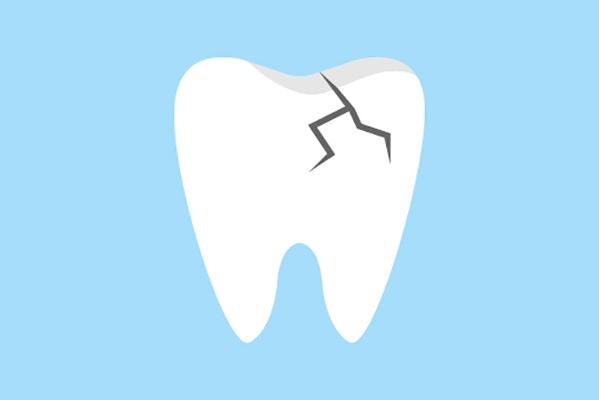 Wondering how a damaged tooth can be treated? Read on to learn how general dentistry addresses damaged teeth. A damaged tooth can result from a blow to the mouth, bruxism, and a range of other causes. There are several ways a general dentist can restore the health, appearance, and function of a damaged tooth. This article goes into why you should see a general dentist after incurring a damaged tooth.
Wondering how a damaged tooth can be treated? Read on to learn how general dentistry addresses damaged teeth. A damaged tooth can result from a blow to the mouth, bruxism, and a range of other causes. There are several ways a general dentist can restore the health, appearance, and function of a damaged tooth. This article goes into why you should see a general dentist after incurring a damaged tooth.
General dentistry options for damaged tooth treatment
If a damaged tooth is left untreated for an extended amount of time, then it could lead to severe discomfort and even the loss of the tooth. The good news is that most damaged teeth can be treated by a general dentist, restoring the appearance and function of the tooth.
What type of damaged teeth can a general dentist treat?
A general dentist can treat most types of teeth damage. Tooth damage typically results from a blow to the mouth, bruxism, or poor oral hygiene. Common types of tooth damage that general dentists include but are not limited to:
- Chipped teeth
- Cracked teeth
- Worn-down teeth
- Cavities
- Loose teeth
- Knocked-out teeth
Whether a tooth is chipped during a sporting event or teeth become worn down due to bruxism (teeth grinding at night), general dentists can examine and treat the tooth in most cases.
How can a general dentist treat a damaged tooth?
A general dentist can treat a damaged tooth in several ways. The recommended treatment depends on the type, cause, and severity of the damage. The most common general dentistry procedures used to treat a damaged tooth are:
- Dental crowns
- Dental bonding
- Dental veneers
- Tooth filling
- Root canal therapy
For emergency situations, it is important to visit a dentist that can assist patients promptly and offer the necessary emergency dental care services.
What are the symptoms of a damaged tooth?
If a tooth is damaged severely or in a sudden manner, then it most likely is noticeable right away. However, there are some instances where the symptoms are more subtle. The most common symptoms of a damaged tooth that require prompt attention from a dental professional are:
- Tooth pain
- Tooth sensitivity
- Loose tooth
- Gum pain and swelling
- Jaw complications
Anytime there is discomfort or visible tooth damage following a blow to the face or if pain develops that does not go away, then it is important to seek treatment from a general dentist. Otherwise, the concern can continue to worsen and lead to more severe issues, including the potential loss of the tooth or the development of an oral infection that has the potential to spread to other parts of the body.
Get in touch with our general dentistry team
Reach out to us today to learn more about how we can identify the severity of your damaged tooth and treat it in the most effective way possible. We take pride in restoring the health and appearance of our patient’s smiles after a damaged tooth occurs.
Request an appointment or call Gorfinkel Dentistry at 954-231-5007 for an appointment in our Plantation office.
Related Posts
The benefits that general dentistry offices provide can benefit your oral health now and in the future. Even if you do not have any problems with your teeth or gums, regular visits are crucial. One of the biggest issues that dentists see and treat is tooth decay. Cavities can be painful and can eventually destroy…
General dentistry can help you develop good oral health habits in many ways. Going to the dentist’s office will also reduce your risk of having cavities and gum disease. But visiting the dentist every six months is not enough to promote healthy, strong teeth and gums. Daily habits such as brushing your teeth are vital.…
General dentistry focuses on preventative dental treatments that help keep your teeth and gums healthy. Keeping your mouth healthy carries over to the rest of your body because dental problems like gum disease and tooth decay can significantly impact your general health. General dentistry also includes preventative treatments that address issues like tooth decay and…
